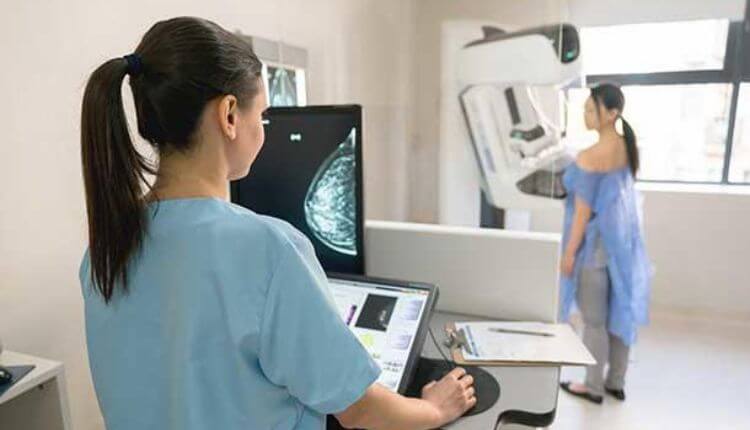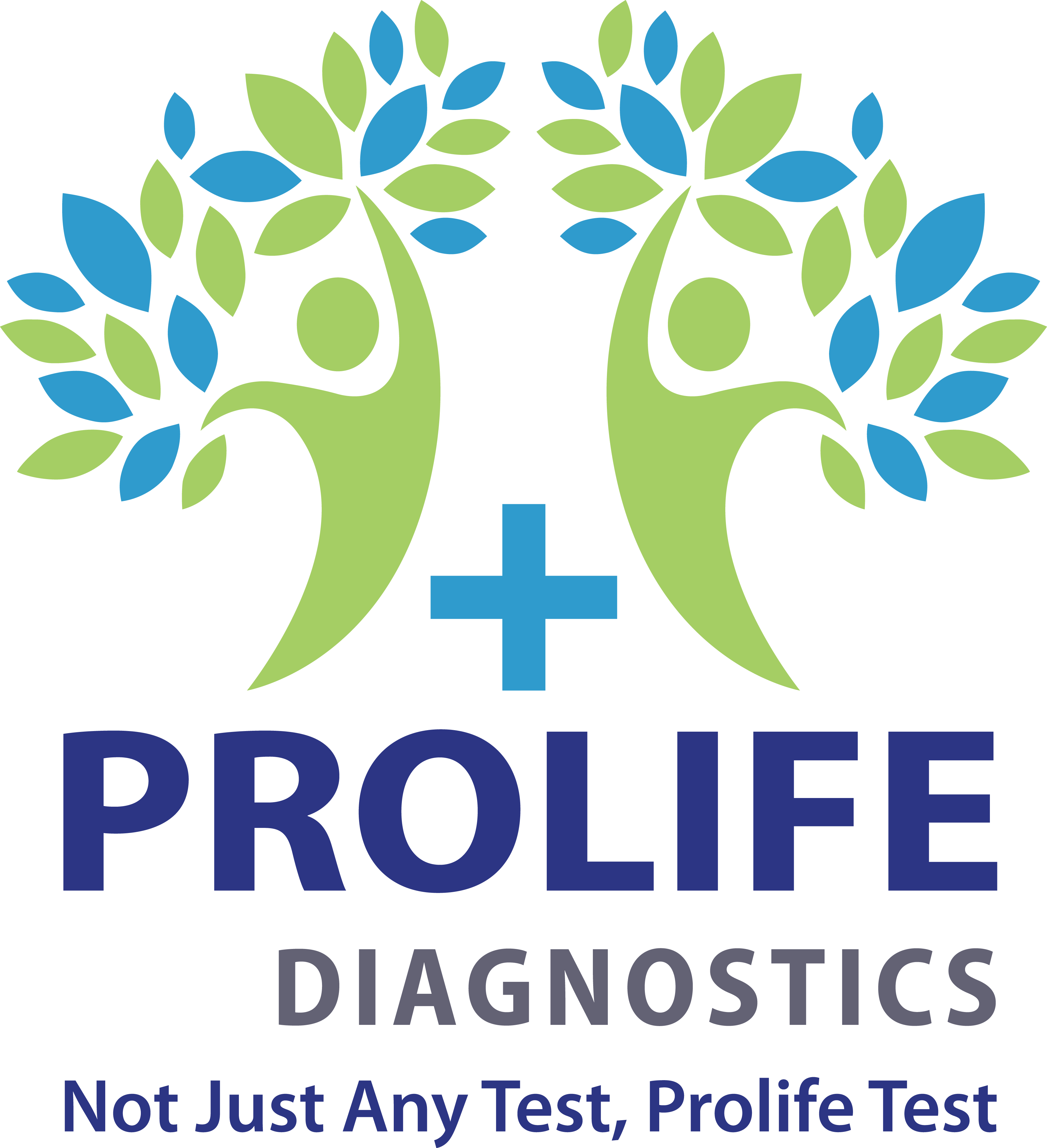- Plot No. 361/3074 & Plot No 437/3134, Patrapada, BBSR
- +91 9040017001
- +91 8630400500
Breast Cancer Screening Recommendations for Women at Different Ages
Breast cancer is one of the most common cancers affecting women worldwide, including in India. Early detection through regular screening can significantly improve treatment outcomes. Understanding the appropriate age to begin and the frequency of screening is crucial for every woman. This guide provides clear, age-specific recommendations to help you navigate breast cancer screening.

What Is Breast Cancer Screening?
Breast cancer screening involves tests to detect cancer before symptoms appear. The most common method is a mammogram, which is an X-ray of the breast. Mammograms can identify abnormalities that may indicate cancer, even before a lump can be felt.
Screening Recommendations by Age
Ages 30-40: Optional Annual Mammograms
- Guidelines: Women in this age group have the option to start annual mammograms.
- Considerations: Discuss with your healthcare provider to weigh the benefits and potential risks.
Ages 40-54: Annual Mammograms Recommended
- Guidelines: Begin annual mammograms.
- Rationale: Starting at age 45, the risk of developing breast cancer increases, making regular screening more beneficial.
Ages 55 and Older: Biennial or Annual Mammograms
- Guidelines: Women aged 55 and older can switch to mammograms every other year or continue yearly screenings.
- Considerations: Screening should continue as long as a woman is in good health and is expected to live at least 10 more years.
Over 75 Years: Individualized Decision
- Guidelines: There’s no specific age limit for screening if you are in reasonably good health.
- Considerations: Cancer screening may still be valuable for older individuals. Consult with your healthcare provider to make an informed decision.
Factors That May Influence Screening Decisions
- Family History: A family history of breast cancer may necessitate earlier or more frequent screenings.
- Genetic Factors: Women with BRCA1 or BRCA2 gene mutations are at higher risk and may need to start screenings earlier.
- Breast Density: Dense breast tissue can make it harder to detect cancer on a mammogram; additional imaging tests may be recommended.
- Exposure to Radiation: Previous exposure to radiation, especially in the chest area, can increase risk.
- Reproductive Factors: Women who had their first child at a later age or had early menstruation may have a slightly higher risk.
- Lifestyle Factors: Alcohol consumption, obesity, and sedentary habits can contribute to increased risk.
Importance of Regular Screening
- Early Detection: Regular screenings can detect breast cancer early when it’s most treatable.
- Increased Survival Rates: Early-stage breast cancer has a higher survival rate.
- Peace of Mind: Knowing your breast health status can reduce anxiety and help in timely intervention if needed.
How to Schedule a Mammogram at Prolife Diagnostics
At Prolife Diagnostics, we offer comprehensive breast cancer screening services, including mammograms. Our center is equipped with state-of-the-art technology to ensure accurate results.
- Location: Visit us at Prolife Diagnostics.
- Contact: For appointments, call us at 9040017001 / 8630400500
- Online Booking: Schedule your screening online through our website.
Conclusion
Regular breast cancer screening is vital for early detection and effective treatment. By following the age-specific guidelines and consulting with your healthcare provider, you can make informed decisions about your breast health. Remember, early detection saves lives.
Note: Always consult with your healthcare provider to determine the best screening schedule based on your individual health needs and risk factors.
Discover More About Your Health







